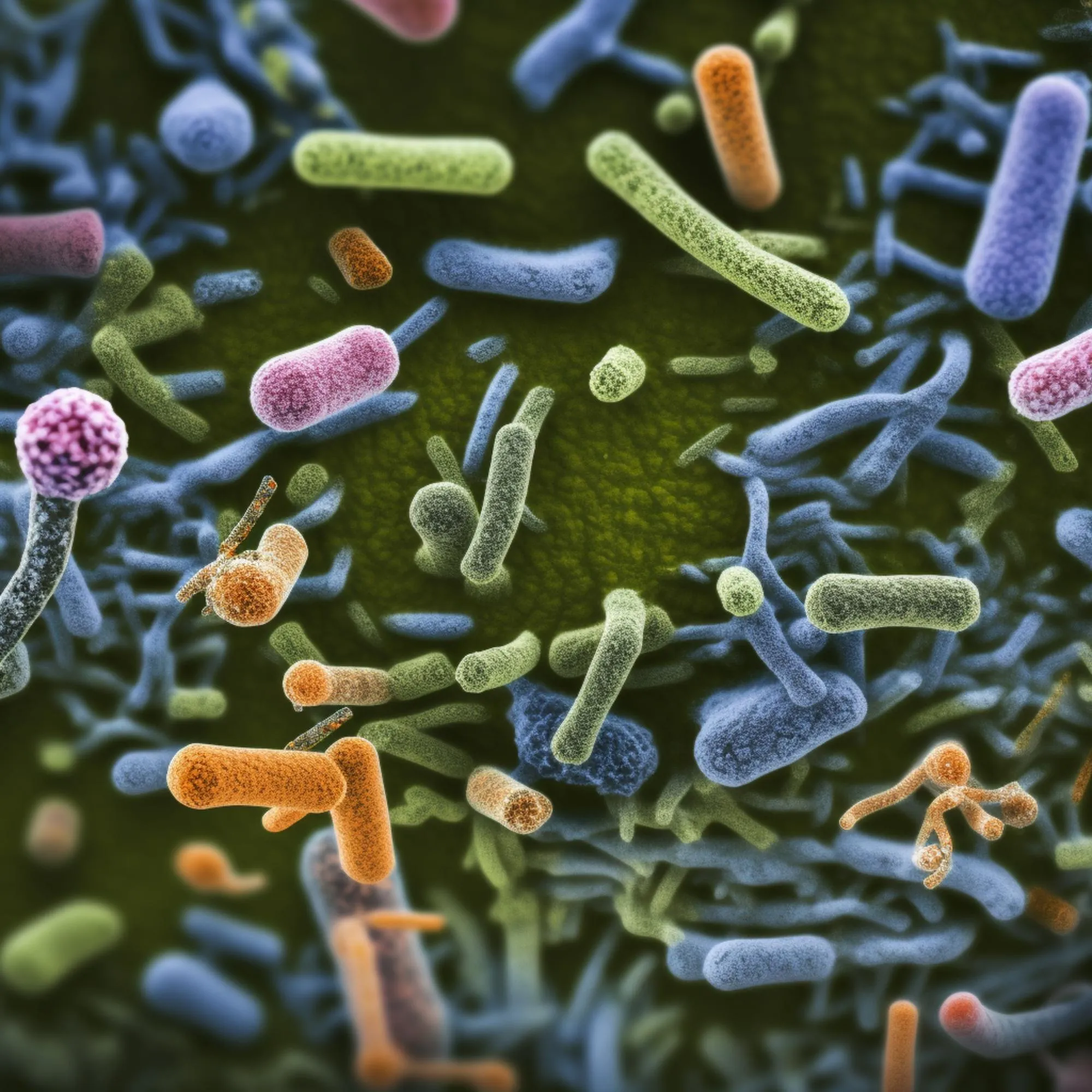Keywords
1. Dietary Fiber
2. Gut Microbiota
3. Nutrition
4. Long-term Dietary Habits
5. Microbiota Diversity
An extensive follow-up study, recently published in The Journal of Nutrition, has highlighted the significant influence of long-term dietary fiber intake since infancy on the composition of gut microbiota in young adults. The research, part of the Special Turku Coronary Risk Factor Intervention Project, an infancy-onset 20-year dietary counseling study, has brought new insights into the link between early-life nutrition and future health. Led by Marja A. Heiskanen and colleagues at the University of Turku, Finland, this pioneering study underscores the crucial role of habitual fiber consumption throughout life stages in shaping our gut ecosystems.
Gut Microbiota: A Hidden World within Us
Our gut microbiota, composed of trillions of microorganisms, plays a vital role in our overall health by helping in digestion, synthesizing essential vitamins, and regulating our immune system. Research from this insightful study demonstrated that long-term dietary choices, specifically fiber intake, could have lasting implications on this complex microbial community. The study utilized advanced techniques such as 16S ribosomal RNA amplicon sequencing to decode the microbial profiles of 357 participants who had been monitored since infancy.
Habitual Fiber Intake: Life-Long Implications
The cohort in the study had their fiber intake meticulously measured using annual food diaries from birth up to 20 years of age. By the age of 26, the first post-intervention analysis took place whereby cumulative dietary fiber consumption was assessed through the energy-adjusted fiber intake’s area under the curve. The study presented a groundbreaking approach to conceptualize dietary patterns over a substantial period, a pioneering method for nutritional epidemiology.
Key Findings: The Dietary Fiber-Microbiota Axis
The findings from this novel research revealed that higher cumulative dietary fiber intake was notably associated with changes in the gut microbiota. A significant finding was the decreased Shannon index—a measure of microbial diversity—with increased long-term fiber consumption, suggesting a more specialized microbial community in those participants adhering to a higher fiber diet. Such an association highlights the importance of dietary fiber in mediating gut health and consequent metabolic processes.
The Impact of Early Nutrition on Lifelong Health
As early-life nutritional exposures can potentially influence microbiota composition for life, this study contributes valuable data toward understandings of dietary impacts on disease risk. Participants with a higher cumulative intake of dietary fiber tended to have variations in particular microbial taxa, implying a favorable shift in the gut microbiome that could potentially translate into health benefits.
DOI and Research Credibility
The study’s integrity is further assured not only by its DOI: 10.1016/j.tjnut.2024.01.008, facilitating traceability and access, but also by its registration at clinicaltrials.gov, identifier code NCT00223600. Such documentation provides a level of transparency and accountability that is essential for reputable scientific research.
References
To evaluate the study’s findings, several key references provide foundation and context:
1. Heiskanen, M. A., et al. (2024). Association of Long-Term Habitual Dietary Fiber Intake since infancy with Gut Microbiota Composition in Young Adulthood. The Journal of Nutrition, S0022-3166(24)00027-0. DOI: 10.1016/j.tjnut.2024.01.008
2. Slavin, J. (2013). Fiber and Prebiotics: Mechanisms and Health Benefits. Nutrients, 5(4), 1417–1435. DOI: 10.3390/nu5041417
3. David, L. A., et al. (2014). Diet Rapidly and Reproducibly Alters the Human Gut Microbiome. Nature, 505(7484), 559–563. DOI: 10.1038/nature12820
4. Sonnenburg, E. D., & Sonnenburg, J. L. (2014). Starving Our Microbial Self: The Deleterious Consequences of a Diet Deficient in Microbiota-accessible Carbohydrates. Cell Metabolism, 20(5), 779–786. DOI: 10.1016/j.cmet.2014.07.003
5. Roberfroid, M., et al. (2010). Prebiotic Effects: Metabolic and Health Benefits. British Journal of Nutrition, 104(S2), S1–S63. DOI: 10.1017/S0007114510003363
Conclusion:
This researched publication presents a compelling case for the significance of long-term dietary fiber intake on the gut microbiome. The revelations of this unique 20-year longitudinal study underscore the importance of maintaining consistent, fiber-rich dietary habits from infancy into adulthood to foster a beneficial gut microbial environment. Additionally, it propels a broader public health message: the potential of habit-based nutritional interventions starting from a young age to curtail chronic disease risk later in life. Nutritional scientists, dietitians, and healthcare providers can derive crucial insights from this research, promoting dietary regimens that emphasize fiber intake in support of a thriving gut microbiota and a healthier population.
